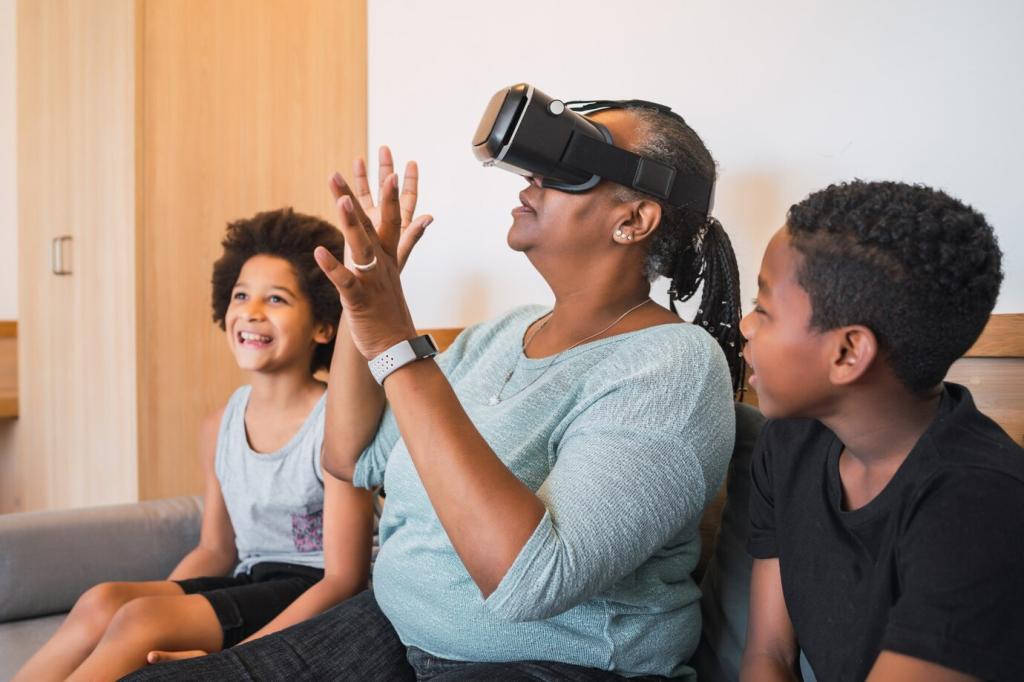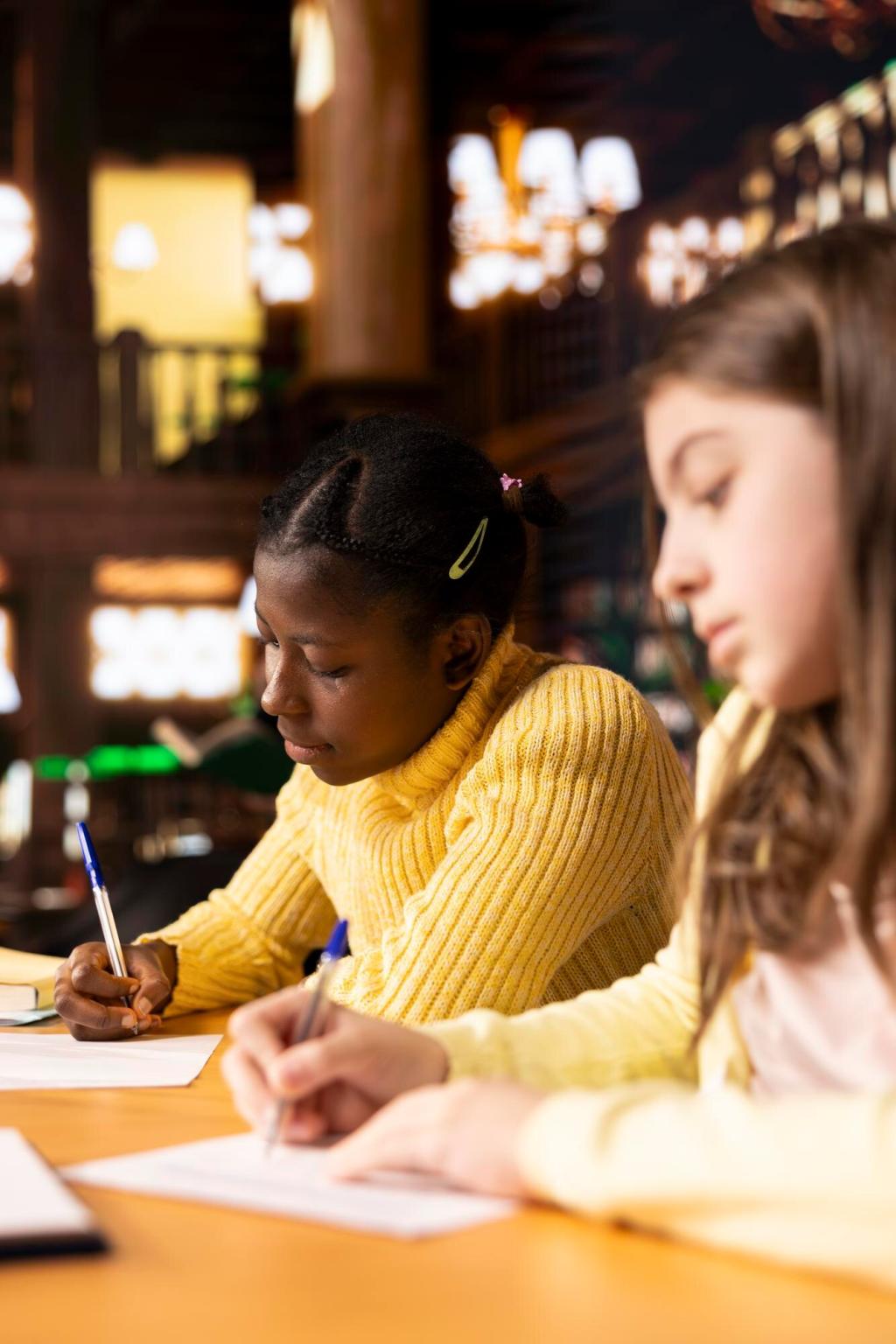Improving Digital Literacy in K-12 Education
Selected theme: Improving Digital Literacy in K-12 Education. Join us to explore practical strategies, heartfelt stories, and classroom-ready ideas that help every student think critically, communicate responsibly, and create with confidence. Subscribe to stay inspired and share your own wins.

From Access to Agency
Giving students devices is only the starting line. Real improvement in K-12 digital literacy happens when learners evaluate sources, remix ideas ethically, and use tools to solve meaningful, community-centered problems.

Standards That Guide the Journey
Frameworks like the ISTE Standards and AASL Learner Standards help align skills across grades, ensuring continuity, equity, and clarity. Share which standards you use so we can highlight aligned lesson blueprints.

A Quick Story from the Hallway
Last spring, a fifth grader paused mid-research to ask, who wrote this and why should we trust them? That small question sparked a class-wide investigation and a proud teacher moment worth repeating.



Digital Citizenship and Online Safety With Heart
Teach students to adjust settings, craft strong passphrases, and recognize permissions prompts. Turn it into a routine: before posting, check audience, purpose, and consequences. Celebrate thoughtful choices, not just blocked risks.


Digital Citizenship and Online Safety With Heart
Role-play comment threads that escalate and de-escalate. Students practice pausing, paraphrasing, and switching to private channels when emotions run high. Many later say the pause button also helps during group projects.
Teaching Media Evaluation and Misinformation Defense

SIFT in the Classroom
Use a simple routine: Stop, Investigate the source, Find better coverage, Trace claims. Model with a live projector. Students love catching inconsistencies and explaining how they verified each step.

Lateral Reading Labs
Have learners open multiple tabs to check an unfamiliar site. Who funds it? What do other credible sources say? They summarize findings in plain language, citing links and noting remaining questions.

Student Newsroom Project
Turn research into action. Small teams produce brief articles or explainers on school issues, including transparent sourcing, media credits, and editor notes. Publish in safe spaces and invite thoughtful peer feedback.
Assessment and Feedback That Grow Skills
Assess credibility checks, citation accuracy, respectful collaboration, and purposeful media choices. Share exemplars showing how students improved drafts by revising evidence, accessibility, and attribution details.
Assessment and Feedback That Grow Skills
Ask students to collect artifacts across the year, writing short reflections about choices and challenges. Family viewers can leave comments, turning assessment into a supportive, ongoing conversation about growth.


Empowering Teachers: PD, Coaching, and Tools
Co-create a simple K-12 progression and protect planning time. When everyone agrees on milestones, teachers can build lessons that connect across grades and reduce duplicated efforts.


Empowering Teachers: PD, Coaching, and Tools
Instructional coaches model lessons, co-teach, and debrief with evidence. Short cycles build confidence. Teachers often report they keep using strategies long after coaching because the wins are visible.
